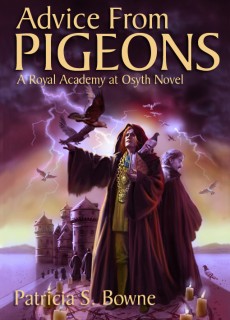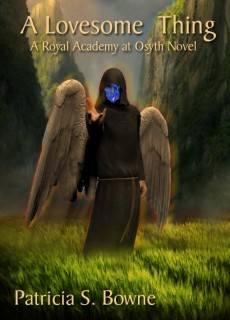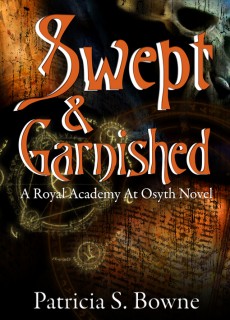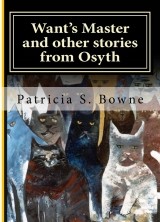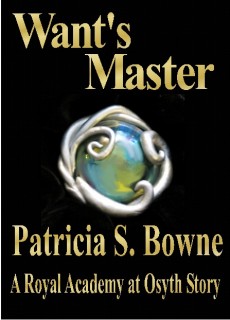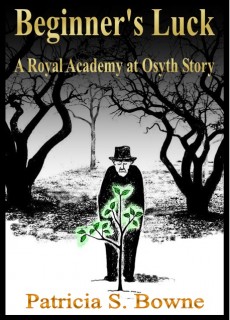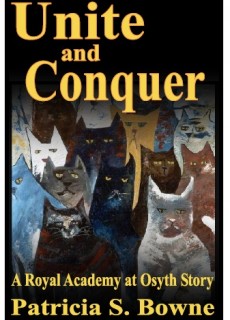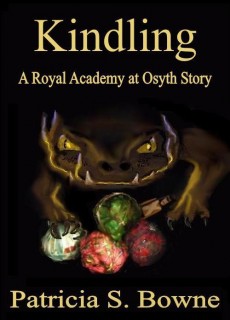I’ve posted a few times on the persistence of Victorian Morals in girls’ fantasy, and how they lead to characters who do the self-sacrifice thing even absent any supernatural justification. So I was pretty interested to come across a YA fantasy heroine whose ethics were not based on Victorian religious assumptions, and who unreflectingly did things that made me think “Wow, really?”
I was even more surprised to find this in a book set in 1800s England. In a character who is the local minister’s daughter.
Chime by Franny Billingsley is an interesting and ruthless book.
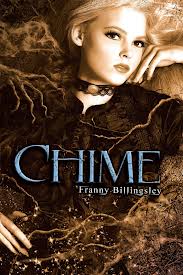 To begin with, it has a heroine who in spite of being the minister’s daughter never thinks once about god, jesus, or religion. She’s moral and self-sacrificing enough — she intends to spend her life looking after her sister to atone for her sins — but those sins have no religious context. The moral tension in this book comes from conflicting loyalties. Is the heroine more loyal to humans or to the Old Ones that inhabit the swamp? Virtue steers her onto one path, inclination steers her toward the other, and she judges herself wicked because of her inclinations.
To begin with, it has a heroine who in spite of being the minister’s daughter never thinks once about god, jesus, or religion. She’s moral and self-sacrificing enough — she intends to spend her life looking after her sister to atone for her sins — but those sins have no religious context. The moral tension in this book comes from conflicting loyalties. Is the heroine more loyal to humans or to the Old Ones that inhabit the swamp? Virtue steers her onto one path, inclination steers her toward the other, and she judges herself wicked because of her inclinations.
Well, this is a trope we’ve seen before, isn’t it. Of course the heroine’s inclinations will turn out to be right in the end, and the spirits of nature will be revealed as better than the humans who lord it over them. So I was prepared for this to be one more sweetly pretty ecofable in which animism is shown to be better than christianity. But it didn’t quite fit into that mold, mainly because of the absence of christianity. Which left the heroine to choose between animism and a very strange, unsettling human ethics.
For instance, witches. The mere possession of red hair and lack of an alibi condemn one bit player as a witch, and everyone agrees that she must hang. When her innocence becomes obvious after her death, well, that is sad, isn’t it. I think the heroine muses on that for oh, about twelve seconds, as she walks past the dangling body.
The Old Ones, as well, are to be killed, though in their cases the trials are optional. It’s hard to explain how this plays into the story without major spoilers, but suffice it to say that when I got to that part I said ‘She DID? REALLY? WOW.’ And the heroine did not. Share my amazement and shock, that is. Once again, she gave about twelve seconds’ thought to something I was still trying to close my dropped jaw on a week later.
So, wow. Absolutely not Victorian morals, in an 1800s England minister’s daughter. I got what I was asking for, sort of, and it’s given me something to chew on all right.
The thing I can’t figure out, though, is whether the author did this on purpose. Because what I experienced as a cold-shock subversion of moral tropes could just as easily be seen as an unreflective transplantation of Buffy-style “sometimes they just need killin’ ” morals into a historical setting — sort of like Pride and Prejudice and Zombies. Just because I’m steeped in Victorian childrens’ literature doesn’t mean that every author I read shares my preoccupations.
In the end, though, doesn’t matter. I like the dissonance between what I expected and what I got when I read Chime, the unapologetic presentation of a different moral system. And truly, if it’s presented without apology because the author never thought of apologizing for it, isn’t that exactly the essence of an alternative moral system?

